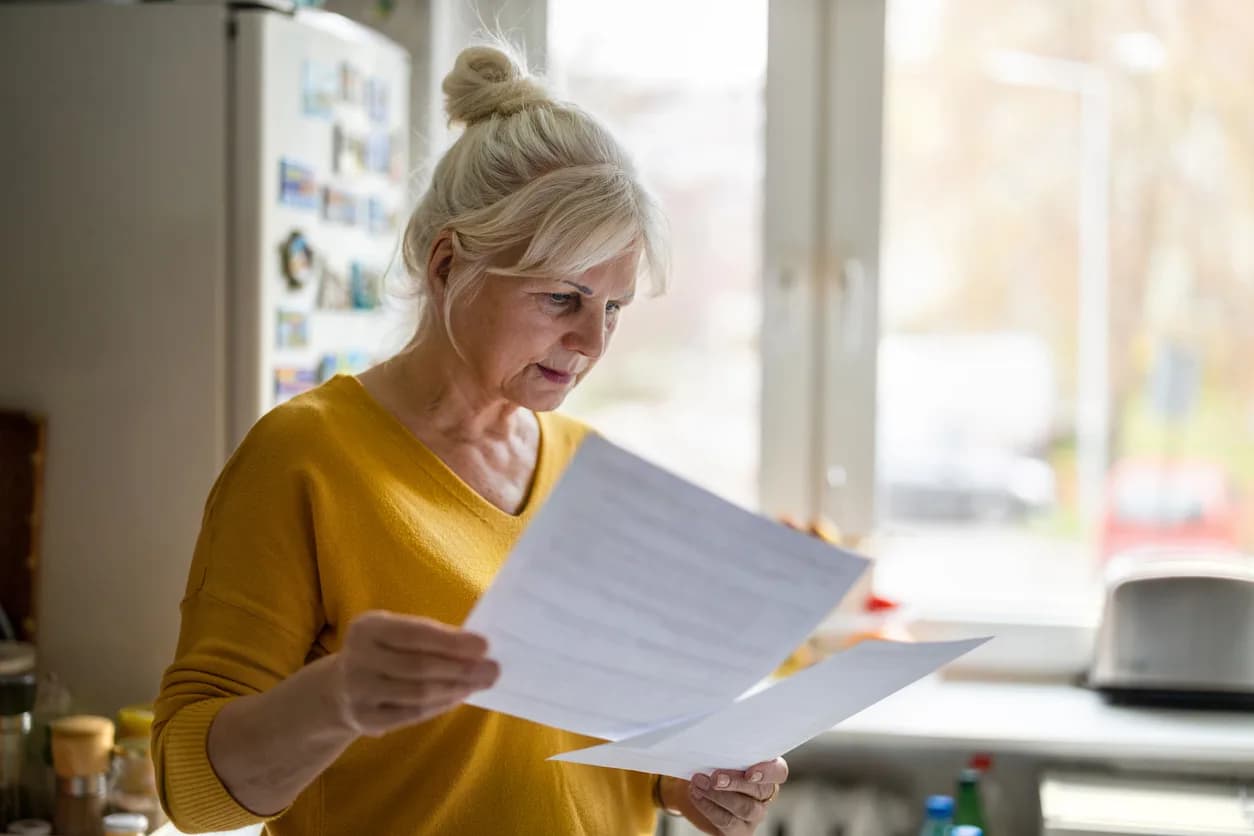Legacy Left Unwritten: Estimated two thirds of UK adults without a Will
The startling reality is that two-thirds of UK adults are without a Will. Sometimes, people do not make a Will because they believe it is not necessary. Without a Will, there is always a risk that your estate can pass to those you don’t wish to benefit from it. In this post we look at the risks involved with not making a Will, what happens to your estate and why making a Will is your best option.
Anyone without a Will risks their estate passing to unwanted beneficiaries. Disputes can arise between family members and others who consider they are entitled to a share of your assets. A Will can also legitimately minimise the amount of Inheritance Tax payable on your estate. For estates where no Will exists, there is the risk of paying a substantial sum to HM Revenue & Customs.
If a person does not have a Will what happens?
Many believe that a husband or wife will automatically inherit everything if they pass without a will. In fact, if you also have children, this is not the case. If you do not leave a Will, your estate is distributed in accordance with the Rules of Intestacy. These rules dictate a set order in which relatives are entitled to inherit.
A spouse or civil partner will inherit the first £270,000 of your estate, after all bills and liabilities have been paid. Also they recieve all of your personal possessions. The remainder of the estate is then split in half. One half goes to your spouse and the other is divided equally between your children. This might not be the division that you want or the best option financially. Consider how you wish things to be split and make a Will accordingly. If the deceased had no spouse or children, relatives are next in line to inherit. Firstly parents, followed by siblings, grandparents, uncles, and aunts.
Does my partner still benefit?
Co-habiting partners and stepchildren do not inherit anything under the Rules of Intestacy, regardless of their relationship with the deceased. You may have lived with someone for years but without a Will, they will not automatically inherit anything. However, if they were supported financially by the deceased during their lifetime, they may be able to make a legal claim against the estate. This can be an expensive process and could cost your estate a substantial amount of money.
Depending upon how your home is owned, it will not necessarily pass to your spouse or partner. Should the property be owned in your sole name, it forms part of your estate and therefore passes in accordance with the Rules of Intestacy.
If you and your spouse or partner own a property together, what happens depends on how your joint ownership is structured. Owning a property as joint tenants ensures the survivor automatically owns the whole property, should you die.
In the case of property ownership as tenants in common, your share passes in accordance with the Rules of Intestacy if you do not have a Will. This means that if you are not married, someone entitled to inherit your estate could try to force a sale of the property. Ultimately leaving your cohabiting partner in a difficult situation.
Administering an estate when there is no Will
The administration process can be more complex when the deceased did not leave a Will. It is unlikely to be clear who will deal with the winding up of the estate. Potentially, there may not be anyone who wishes to take on this role, which can be difficult and time-consuming. As well as defending potential claims on behalf of the estate, the administrator needs to ensure they identify all potential beneficiaries. This involves advertising in the press where necessary.
What if you leave a Will, but you don’t want your children to inherit?
Some people avoid making a Will as they are reluctant to leave money to certain relatives. In fact, an increasing number of celebrities, including Daniel Craig, Sting, Andrew Lloyd Webber, Simon Cowell and Nigella Lawson are opting not to leave their fortunes to their children. Hoping instead that their offspring will work hard and support themselves.
Deciding to take this approach, means setting out your wishes clearly in your Will. Importantly, talk to your children and explain why you will not be leaving them your money.
Consider other options, such as leaving money in trust until they reach a certain age. You can choose to provide money for things like education or a deposit for a home. Whatever you decide to do, communication helps avoid disputes as well as having a valid, up-to-date Will in place.
Always speak to an estate planning professional about your options. A Will is one of the most important legal documents you will make during your lifetime. Make sure it is the right Will for you.
Contact us
If you would like to speak to one of our experts call us FREE on 0800 781 6658 or email us at enquiries@estplan.co.uk

Our services help numerous clients and their families to proactively safeguard their wealth and optimise inheritance for cherished beneficiaries. Plan for the future now, ensuring later-life protection and certainty for your loved ones.
